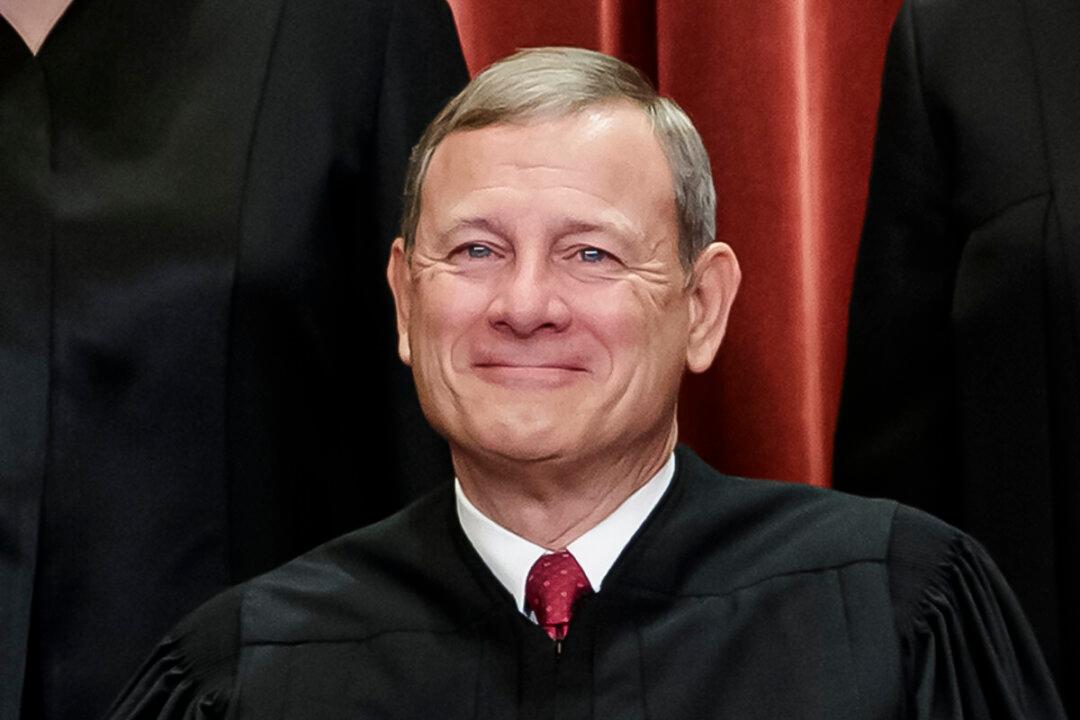Chief Justice John Roberts has requested that the Justice Department (DOJ) respond to former President Donald Trump’s attempt to assert presidential immunity in his ongoing Jan. 6-related case in D.C.
The U.S. Court of Appeals for the D.C. Circuit had just rejected President Trump’s attempt to overturn Judge Tanya Chutkan’s refusal to dismiss DOJ’s prosecution based on presidential immunity. Justice Roberts’ Feb. 13 request comes less than a week after the justices heard President Trump’s appeal a Colorado ruling that he was disqualified from appearing on the state’s ballot.





